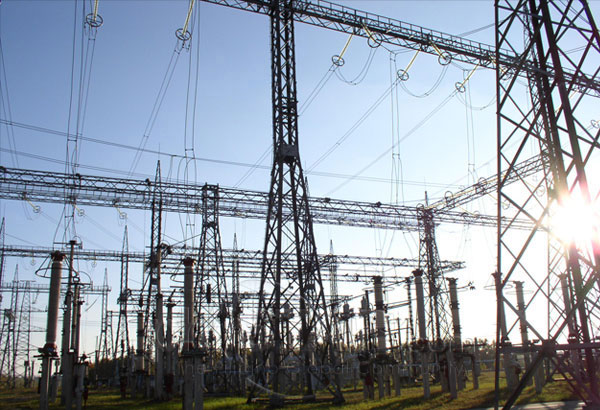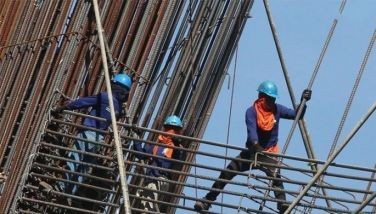Dominguez cites gains from China’s One Belt, One Road Initiative
MANILA, Philippines - The Philippines stands to benefit from China’s plan to develop a modern maritime silk route under the One Belt, One Road (OBOR) Initiative, Finance Secretary Carlos Dominguez said yesterday.
Dominguez, who recently flew to Hong Kong for a forum with the global business community, said OBOR’s maritime silk road component would dovetail with the Duterte administration’s infrastructure buildup plan.
He further stressed that it would open new markets for Philippine products, as the initiative would promote free trade and connect economies across Asia and Europe.
“We think that the Philippines will definitely benefit in participating in the One Belt, One Road project, particularly the maritime silk road section of that project,” Dominguez said.
“The Philippines is building a lot of infrastructure, of course with the help of China, and among the infrastructure that we are building are ports and airports. That will help lower the cost of shipping our goods to Hong Kong or to Shanghai,” he said.
With this initiative, Dominguez said the country’s manufacturing industry – particularly the electronics producers – along with the food exports sector, would gain the most benefits.
“We are the largest exporters of tropical fruits (in Asia) so definitely there will be a lot of benefit to us if we are able to open markets in let’s say Kazakhstan, in Uzbekistan, along the One Belt, One Road area. And that’s aside from our manufactured goods,” he said.
China’s OBOR initiative, which is estimated to cost about $1 trillion, aims to gather some 60 countries to invest in infrastructure projects, and develop land and maritime routes which will connect China to Central Asia and Europe.
The Philippines is also planning to embark on an economic strategy anchored on a massive infrastructure program, to sustain economic growth, increase job opportunities and reduce poverty in the Philippines.
Dubbed as “Build, Build, Build,” the government’s infrastructure program would require about P8.4 trillion in investments over the medium term, with infrastructure spending projected to reach 7.4 percent of GDP by 2022.
To give way to this massive program, the Duterte administration has raised its budget deficit cap to three percent of the GDP from the previous two percent.
- Latest
- Trending





























